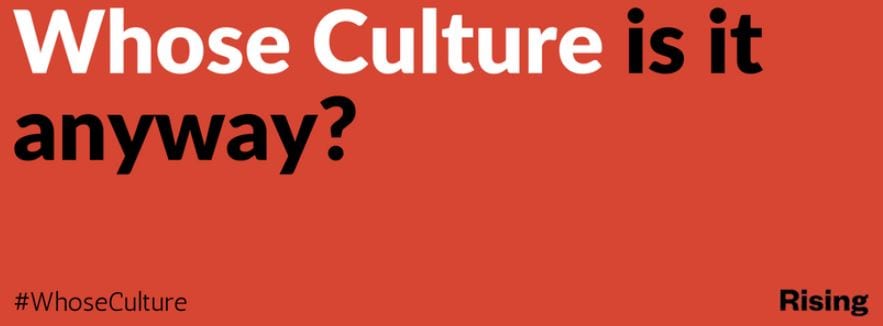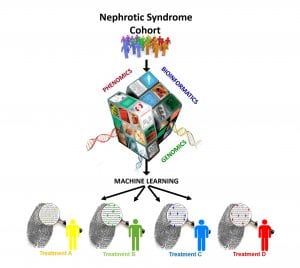Context
Bristol boasts a strong creative and cultural hub. For young people of colour, however, it can be difficult to be in and enjoy cultural spaces where you don’t see yourself represented. For local arts organisations, next-to-no data exists on people of colour’s cultural engagement, meaning there’s a lack of evidence to guide them in engagement work.
Rising Arts Agency is a micro-social enterprise whose mission is to nurture more diverse participation, staffing and leadership across Bristol’s creative sector by providing young creatives (16-25) with platforms, networks and training to showcase work and influence cultural strategy.
Rising’s ‘Whose Culture’ programme is a youth engagement and creative data mapping project which provides opportunities for young people of colour to ask questions within the sector, exploring what “culture” means to them through consultations, workshops and sharings.
Over eighteen months, Whose Culture will collaborate with young people of colour on some creative tech which measures and records what “culture” means to them, providing data capable of creating a radical shift towards inclusion in the sector.
The Brief
Rising Arts Agency are looking for a post-graduate research student who specialises in data collection and analysis. This is an exciting research opportunity and the student will be working in a voluntary capacity. We are looking for an individual who can devise methods for collecting and analysing data as part of two phases in this project: the Workshops phase and the Creative Technology phase.
Firstly, we need to collect data during the workshop phase, which runs throughout October and November 2018. Over eight weeks, we will run twelve Whose Culture workshops taking place across Bristol. Run with experienced facilitators and young assistants. This is an opportunity for Rising to begin to understand what ‘culture’ means to the participants, young local creatives of colour in our target areas (St Pauls, Lawrence Hill, Whitchurch Park and Southmead).
From December we will begin to work on a piece of creative technology (we envisage this being a digital platform e.g. an app or social media network) that will enable us to gather city wide data about cultural habits and tastes of young creatives of colour. We then want to share this data with the city’s arts organisations and funders to affect cultural change at a strategic level.
We would like to understand what data we can safely, efficiently and effectively collect during these two phases, so that we are in line with GDPR and in line with the project’s needs. We would like to understand how we can collect this data, analyse it and disseminate it.
We foresee this process taking around 18 months in total. This would be a unique research opportunity and you could be involved for either or both of the project phases. We are looking for someone who is confident advising and taking a lead on data collection. You will work alongside the Whose Culture Project Coordinator Roseanna Dias and a Social Media Coordinator Fatima Safana, as well as Rising’s Director Kamina Walton.
Next steps
If you are interested in this opportunity, please contact Roseanna Dias on roseanna@rising.org.uk with a short statement detailing your relevant experience, how you would approach the task and why you would like to be a part of the project. Please get in touch with us before Friday 21 September – we will be contacting people as enquiries come in, meaning we may close this opportunity early. We are keen to get someone on board as soon as possible.
Contact us: If you have questions about the role please contact Roseanna Dias on roseanna@rising.org.uk





